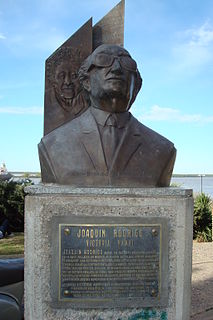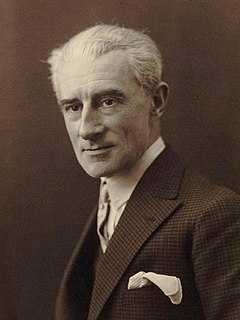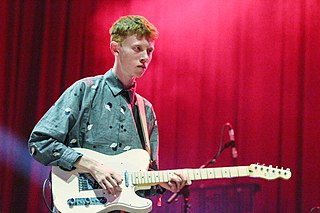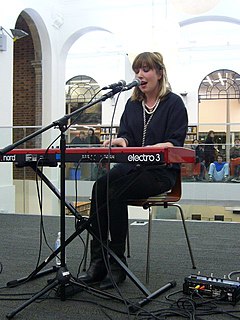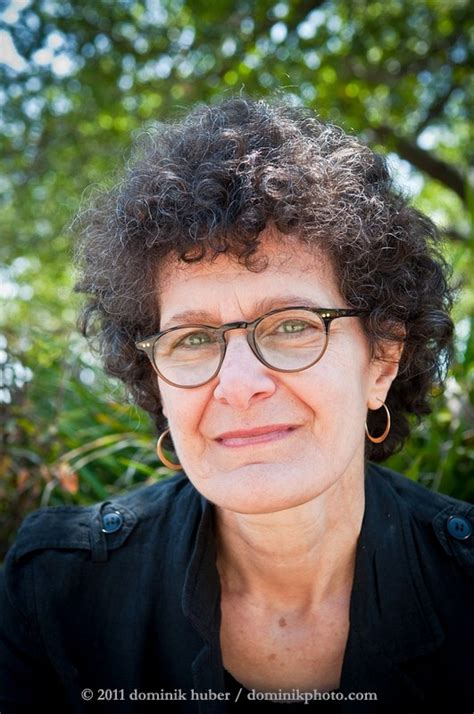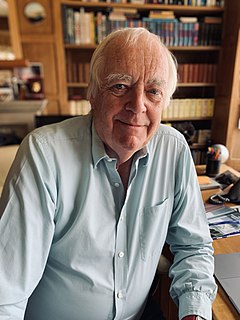A Quote by Claude Debussy
Claude Debussy was a rare phenomenon a composer profoundly and subversively revolutionary.
Quote Topics
Related Quotes
Revolutionary politics, revolutionary art, and oh, the revolutionary mind, is the dullest thing on earth. When we open a revolutionary review, or read a revolutionary speech, we yawn our heads off. It is true, there is nothing else. Everything is correctly, monotonously, dishearteningly revolutionary. What a stupid word! What a stale fuss!
When Claude Debussy studied at the Paris Conservatory from age ten to age twenty-two, many considered him a rebel because of his treatment of dissonance and his disdain for the established forms. He reputedly turned to a fellow student during a performance of Beethoven with the words, "Let's go. He's starting to develop.
When I was growing up, until I was 18 or 19, I was totally invested in the classical music world. I had no concept of anything else. The closest thing to a cool band I listened to was Radiohead. Radiohead were the only band I liked in high school. I was just obsessed with classical music, opera, Claude Debussy, and that kind of stuff.
Whoever sides with the revolutionary people is a revolutionary. Whoever sides with imperialism, feudalism and bureaucrat-capitalism is a counter-revolutionary. Whomever sides with the revolutionary people in words only but acts otherwise is a revolutionary in speech. Whoever sides with the revolutionary people in deed as well as in word is a revolutionary in the full sense.




